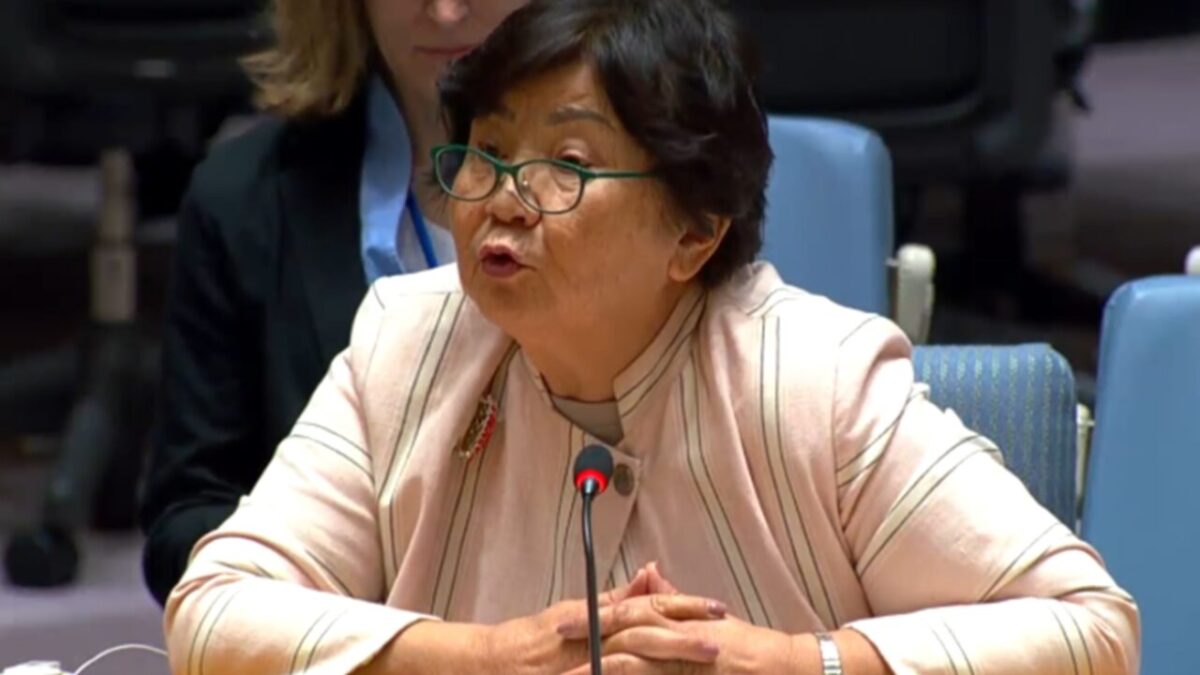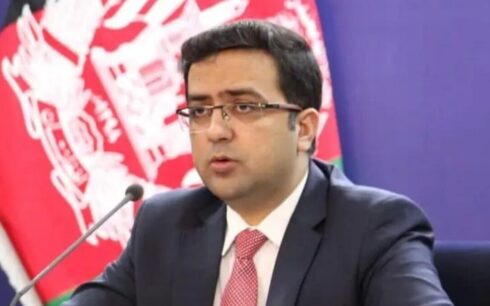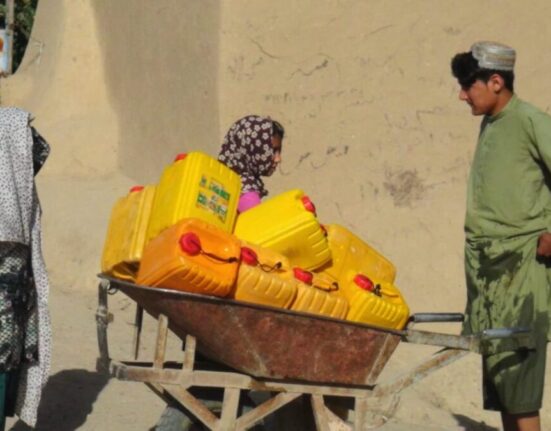Roza Otunbayeva, head of the U.N. Assistance Mission in Afghanistan, expressed hope that the decades of suffering endured by the Afghan people due to conflict might finally end through the full enjoyment of their human rights.
In her remarks on the International Day of Remembrance of and Tribute to the Victims of Terrorism on August 21, Otunbayeva emphasized the importance of fostering dialogue and peacebuilding efforts. She noted that the U.N. General Assembly has called for the inclusion of victims of terrorism as a crucial element in creating peaceful and open societies.
“We mark these dates with a special and solemn remembrance for all Afghans who have lost their lives or loved ones over many decades of conflict, and with hope that this suffering will end through the full enjoyment of their human rights,” Otunbayeva said.
The U.N. General Assembly established August 21 as the International Day of Remembrance of and Tribute to the Victims of Terrorism through resolution A/RES/72/165 (2017), aiming to raise awareness about the importance of supporting terrorism victims. Additionally, August 22 has been designated as the International Day Commemorating the Victims of Acts of Violence Based on Religion or Belief, highlighting the need to support victims of violence due to religious beliefs, including members of religious minorities.
UNAMA’s mandate, extended through U.N. Security Council resolution 2727, underscores the promotion and support of humanitarian assistance in line with humanitarian principles, human rights, gender equality, inclusive governance, resilience, and economic stability. The resolution also emphasizes the need for constructive engagement with national, regional, and global stakeholders to pursue peace and stability in Afghanistan.
These statements come at a time when Afghanistan’s women and girls face mounting pressure and restrictions under Taliban rule, and as the country continues to be one of the most vulnerable to terrorist threats.





